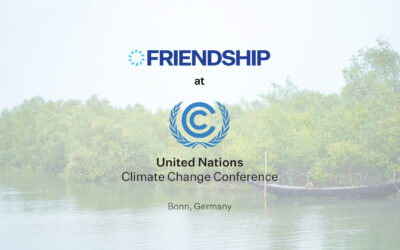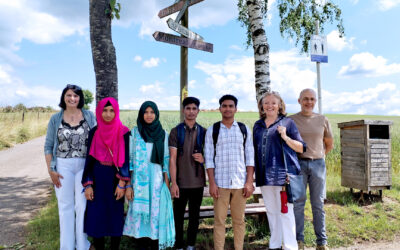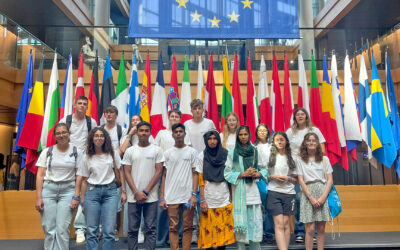Choosing deshi and sustainable fashion this Eid
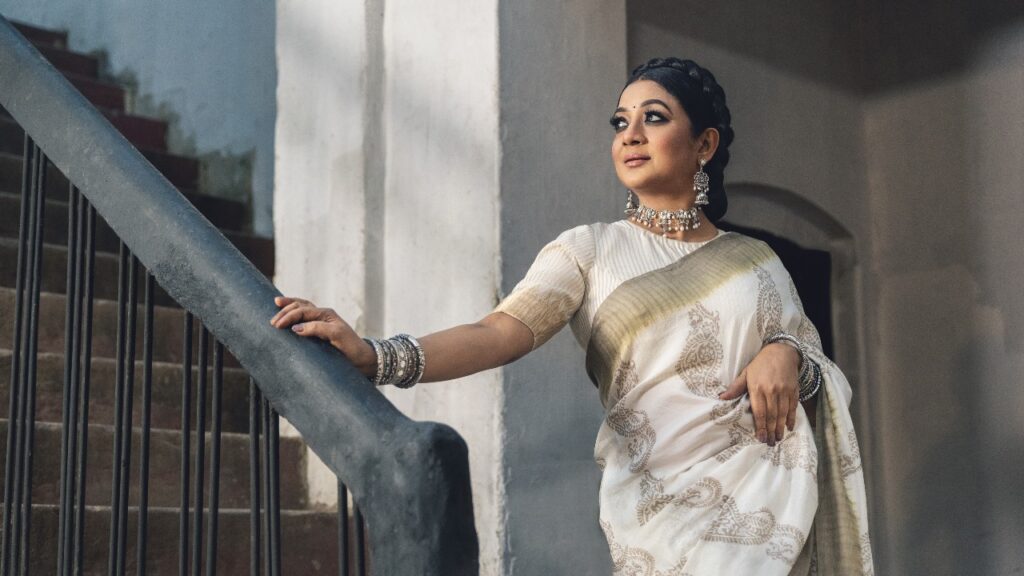
by Ayman Anika (The Daily Star)
April 8, 2024
As we gear up for the upcoming Eid-ul-Fitr, there’s this beautiful buzz in the air filled with anticipation and a spirit of giving. We can — with the intention of not just looking good but doing good — support our local artisans. By buying deshi and adopting ethical practices that promote sustainability, we can not only benefit our immediate community but also contribute to the broader well-being of our country.
The magic of going local
First off, think about the last time you wore something that had a story, something that was so much more than just fabric stitched together. That’s the magic local artisans bring to the shelves. Take, for example, the Tangail and Jamdani sarees — each a masterpiece of meticulous craftsmanship.
Imagine draping a Jamdani saree this Eid, its fabric whispering tales of weaving techniques passed down through generations. Or, consider the elegance of a Tangail saree, known for its fine texture and vibrant patterns, handwoven in the Tangail region of Bangladesh. These are not just attires; they’re heirlooms — embodying the spirit of our country’s craftsmanship.
And let’s not forget Khadi fabrics. Embracing Khadi means wearing a piece of history, a symbol of self-reliance and sustainability. This hand-spun fabric, championed by Mahatma Gandhi, is not only breathable and eco-friendly but also supports the local weavers in the rural areas of the country. By choosing Khadi and other local fabrics, you are wearing our pride and supporting the heartbeats of countless Bangladeshi artisans.
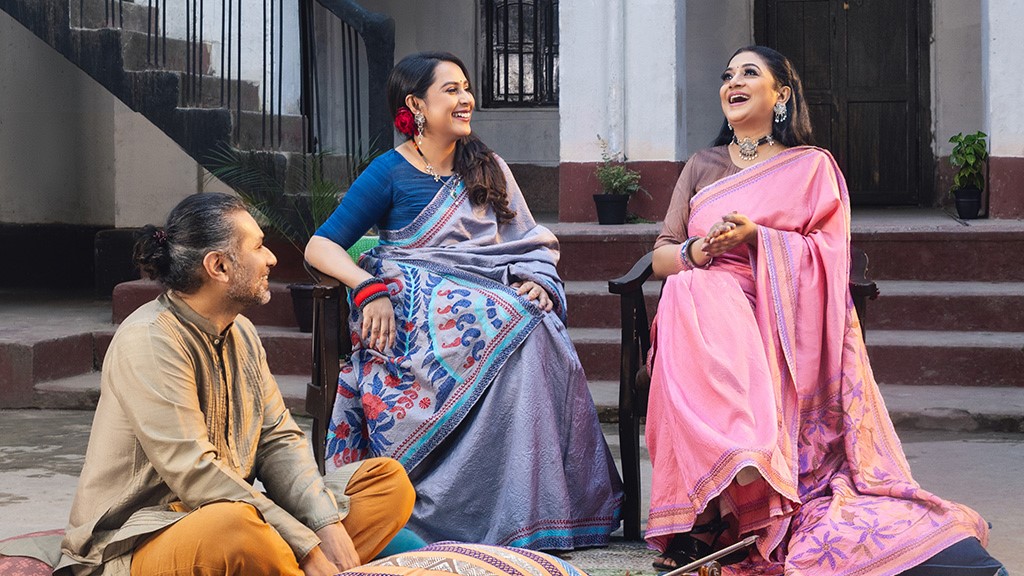
Slow fashion might sound like a buzzword, but it’s a game-changer. It’s all about choosing quality over quantity, pieces that last and tell a story. Consider a classic, hand-loomed cotton kurta or saree that you picked up from a local weaver. Not only is it unique, but it also supports the weaver directly. Plus, natural fibres like cotton are kinder to the environment than synthetics. It’s a win-win!
Sustainable Eid with a fresh perspective
As we decorate our homes this Eid, why not lean towards eco-friendly options? For instance, instead of plastic-based decorations, why not choose natural materials? We can use jute-based decor items, which are sustainable and add an earthy, rustic charm to Eid festivities. Or, envision decking your spaces with decorations crafted from bamboo and terracotta. These materials, rooted deeply in Bangladeshi craft traditions, offer an aesthetic that is both earthy and elegant, transforming your celebration spaces into embodiments of sustainable beauty.
When thinking of gifts, why not choose items that support local artisans? Handcrafted pottery or locally made jute products can be wonderful gifts, showcasing the beauty of our country’s craftsmanship while being kind to the planet.
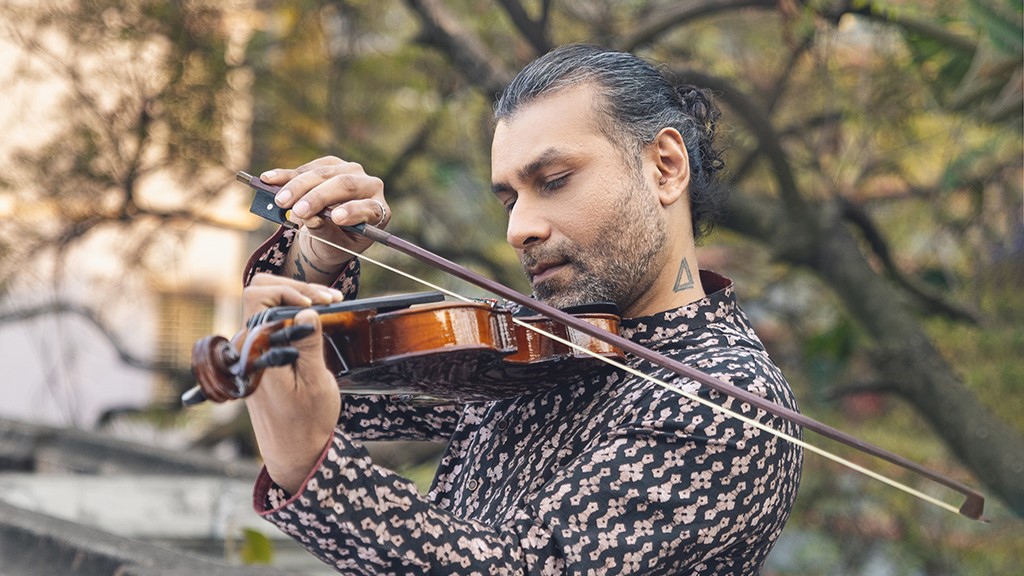
Community and sharing
Eid is about community and sharing joy. This year, let’s extend our celebration to include the whole community. Organising community clean-ups or setting up a stall to sell eco-friendly, artisan-made products can be a great way to spread the spirit of Eid while being careful of our environment and supporting local crafts.
Every choice we make sends a message. By choosing local, ethical, and sustainable options this festive season, we’re not just making a statement but inspiring others to reflect on their choices too. It’s like setting off a chain reaction of good vibes and positive actions. And imagine, if each one of us takes even a small step towards this, the collective impact could be monumental!
Our choices can inspire others to think and act consciously. By choosing to support local artisans and sustainable practices, we’re influencing our community to be more conscious consumers. It’s about creating a ripple effect that encourages a more sustainable, ethical, and inclusive approach to celebrating our traditions.
Note: This article was originally published in The Daily Star on April 4, 2024.

